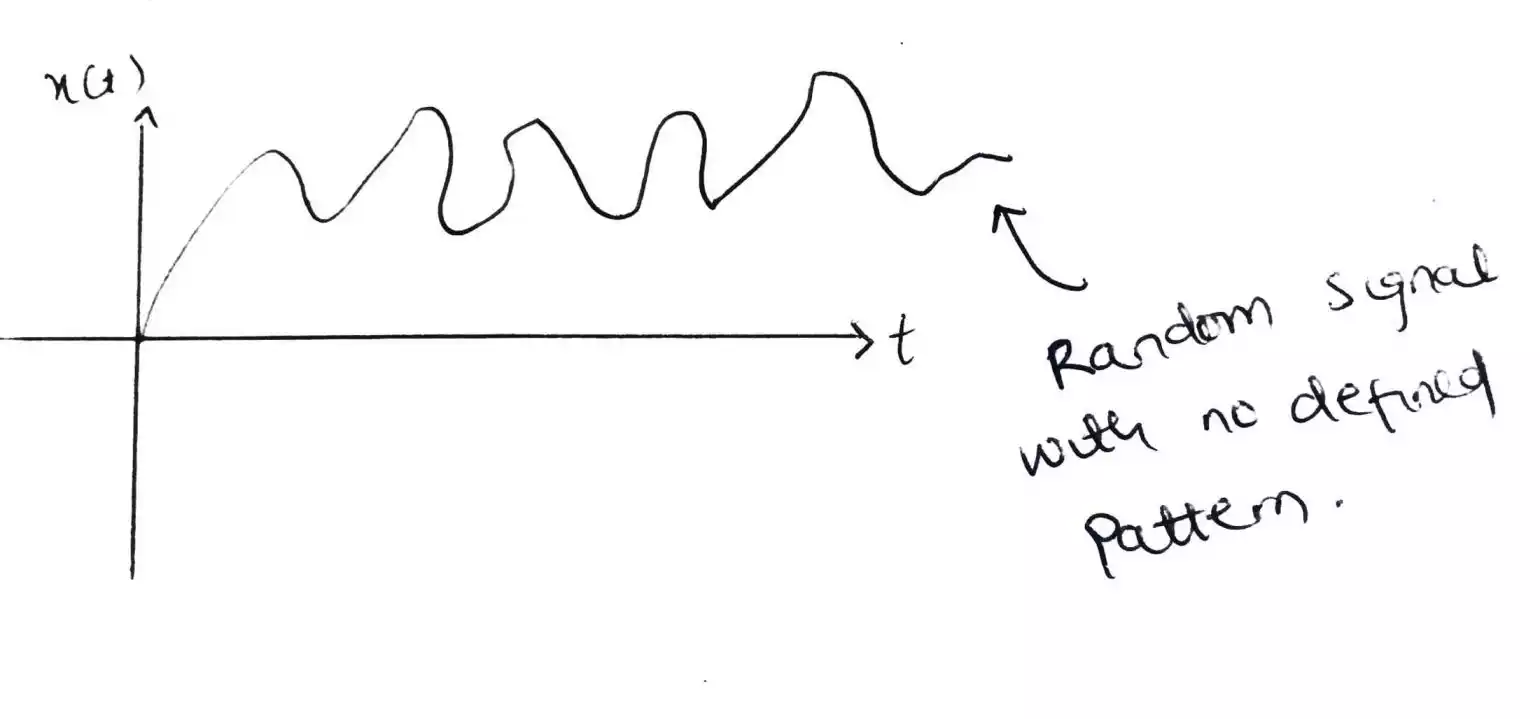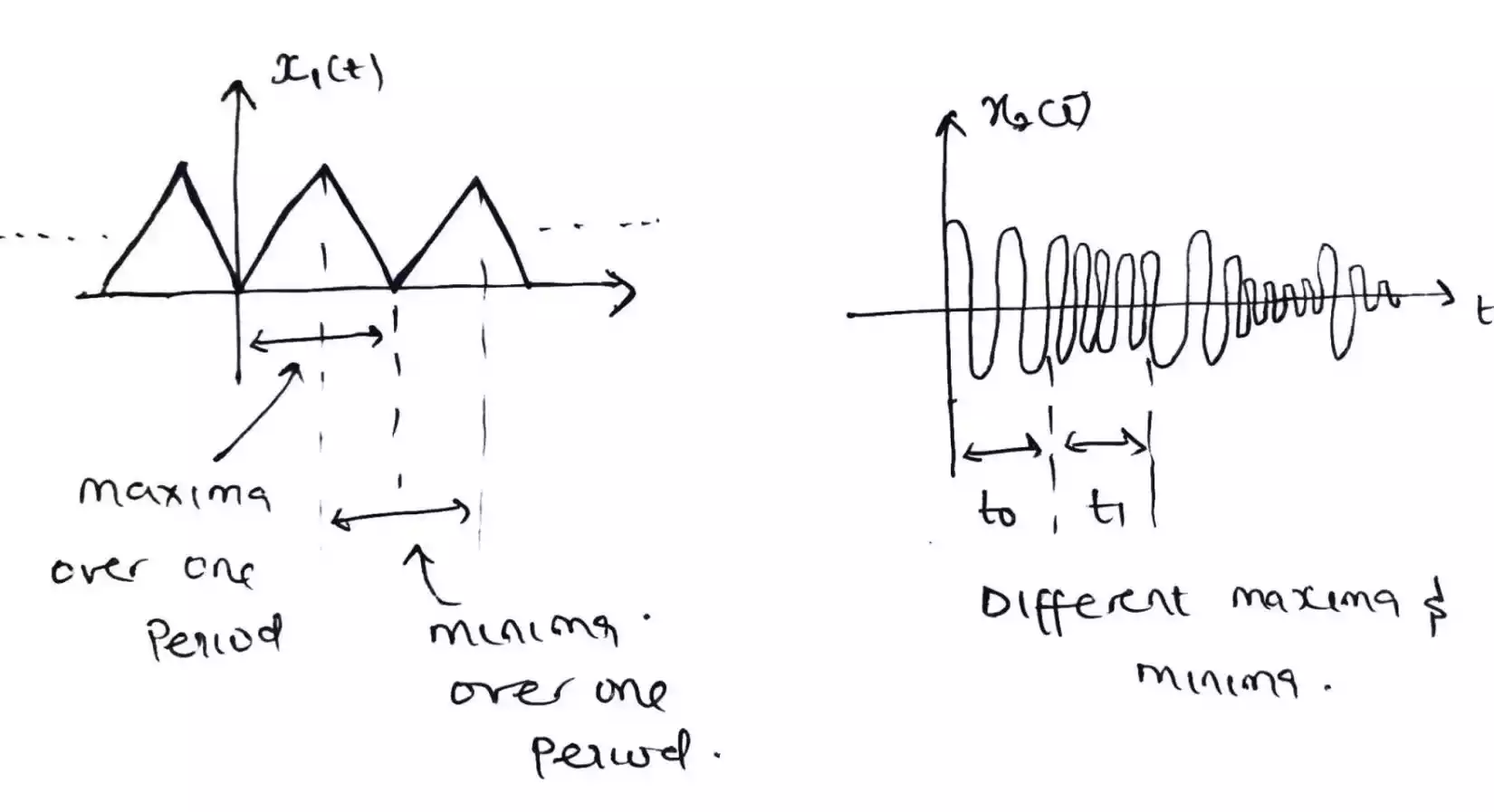What is Biomedical Signal Processing?
Biomedical signal processing refers to the application of digital signal processing techniques to analyze and interpret physiological signals acquired from the human body.
These signals can originate from various sources, including electrocardiograms (ECGs), electroencephalograms (EEGs), and electromyograms (EMGs).
The primary objective of biomedical signal processing is to extract meaningful information from these signals, enabling healthcare professionals to diagnose and monitor patients effectively.
Biomedical signal processing involves the use of algorithms and mathematical techniques to manipulate, analyze, and interpret the acquired signals.
By employing advanced computational methods, these signals can be transformed into valuable insights, contributing to the development of innovative healthcare solutions.
The Significance of Biomedical Signal Processing
Biomedical signal processing plays a crucial role in modern healthcare, offering several significant benefits:
- Diagnosis and Monitoring: Biomedical signal processing aids in the diagnosis and monitoring of various medical conditions. By analyzing physiological signals, doctors can identify abnormal patterns and determine the presence of diseases such as arrhythmias, seizures, and sleep disorders.
This technology allows for timely interventions, leading to better patient outcomes. - Treatment Planning: Biomedical signal processing assists in the formulation of effective treatment plans. By analyzing signals from patients, healthcare professionals can evaluate the impact of different therapies and interventions.
This data-driven approach enables personalized treatment strategies, optimizing patient care. - Research and Development: Biomedical signal processing contributes to the advancement of medical research.
By analyzing large datasets of physiological signals, researchers can gain insights into the underlying mechanisms of diseases and develop novel diagnostic tools and treatment modalities. - Remote Patient Monitoring: With the emergence of telemedicine, biomedical signal processing has become vital in remote patient monitoring.
By transmitting physiological signals in real-time, healthcare providers can monitor patients from a distance, ensuring continuous care and early detection of any deterioration in their condition.
How Does Biomedical Signal Processing Work?
Biomedical signal processing involves a series of steps to extract meaningful information from physiological signals. These steps include:
- Signal Acquisition: Physiological signals are acquired from the body using specialized sensors and electrodes.
These signals are then converted into electrical voltages, which can be processed by digital systems. - Preprocessing: The acquired signals often contain noise and artifacts that can interfere with the analysis.
Preprocessing techniques such as filtering and noise reduction are applied to enhance the quality of the signals. - Feature Extraction: In this step, relevant features are extracted from the preprocessed signals.
These features can include amplitude, frequency, duration, and other characteristics that provide insights into the underlying physiological processes. - Signal Analysis: The extracted features are analyzed using various mathematical and statistical techniques. This analysis aims to identify patterns, anomalies, and correlations within the signals.
- Interpretation and Decision-Making: The final step involves interpreting the analyzed signals and making informed decisions based on the obtained results.
This can include diagnosing diseases, evaluating treatment efficacy, or predicting patient outcomes.
Wrap Up
Biomedical signal processing is a specialized field that focuses on extracting valuable information from various signals generated by the human body, such as electrocardiograms (ECG), electroencephalograms (EEG), and medical imaging data.
By applying advanced mathematical and computational techniques, such as filtering, feature extraction, and pattern recognition, biomedical signal processing enables researchers and healthcare professionals to analyze and interpret these signals.
This analysis helps in understanding the functioning of the human body, diagnosing diseases, monitoring patient conditions, and developing effective treatment strategies.
Frequently Asked Questions (FAQs)
- What are the applications of biomedical signal processing? Biomedical signal processing finds applications in various fields, including cardiology, neurology, sleep medicine, and rehabilitation.
It is used for diagnosing heart conditions, monitoring brain activity, assessing sleep disorders, and analyzing muscle function, among others. - How does biomedical signal processing contribute to personalized medicine? Biomedical signal processing enables the analysis of individual physiological signals, allowing healthcare providers to tailor treatment plans according to each patient’s unique characteristics.
This personalized approach enhances treatment effectiveness and patient satisfaction. - What are some challenges in biomedical signal processing? Some challenges in biomedical signal processing include dealing with noisy signals, handling large datasets, ensuring data privacy and security, and developing accurate algorithms for signal analysis.
Researchers continuously strive to overcome these challenges through advancements in technology and methodologies. - Can biomedical signal processing be used for real-time monitoring? Yes, biomedical signal processing can be utilized for real-time monitoring.
By employing efficient algorithms and hardware systems, healthcare providers can monitor patients’ vital signs continuously and receive immediate alerts in case of any abnormalities. - How does biomedical signal processing contribute to medical research? Biomedical signal processing allows researchers to analyze large datasets of physiological signals, providing valuable insights into disease mechanisms, treatment efficacy, and patient outcomes.
This knowledge aids in the development of new medical technologies and improves existing healthcare practices. - What is the future scope of biomedical signal processing? The future of biomedical signal processing holds immense potential. With advancements in machine learning, artificial intelligence, and wearable technologies, the accuracy and efficiency of signal analysis are expected to improve further.
This will lead to the development of more sophisticated diagnostic tools and personalized treatment approaches.





